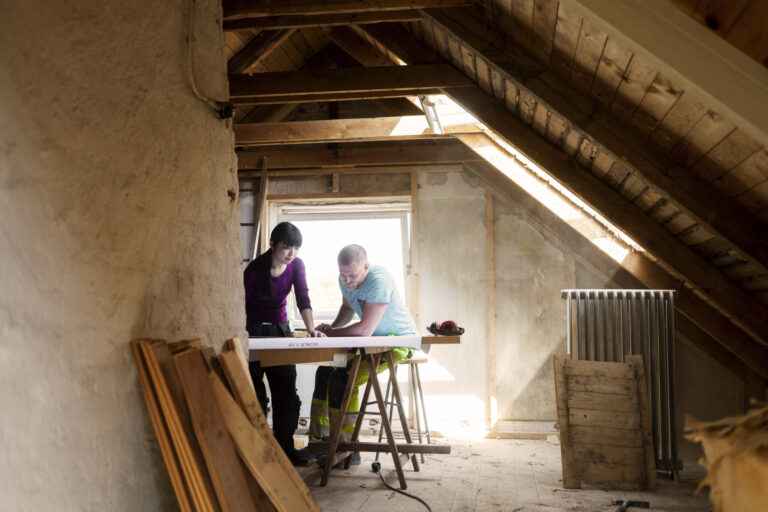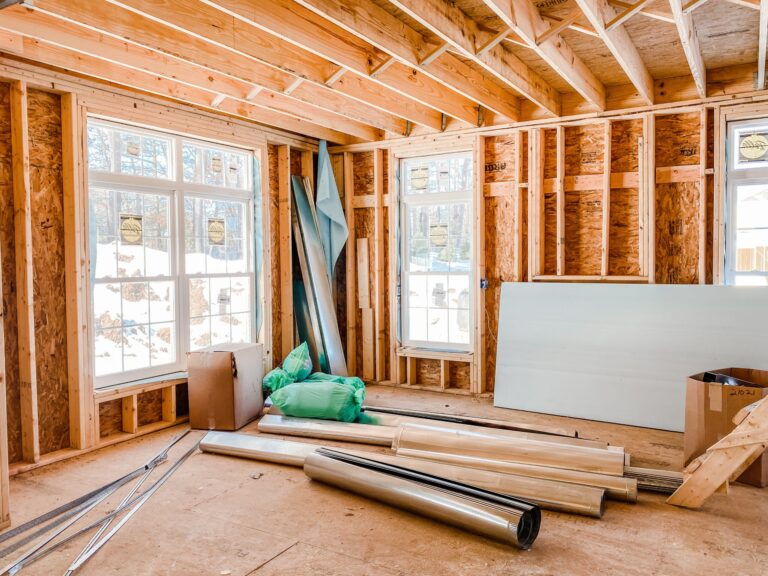Air conditioner (AC) units are sophisticated air exchange systems that extract heat from the air. Warm air is drawn into the system and blown across the evaporator coils. The evaporator coils absorb the heat. When the heat mixes with the AC unit’s refrigerant, the refrigerant changes from liquid to gas. This is similar to what happens to water when it’s boiled. The AC system’s compressor reduces the gas volume, which raises its temperature, creating a high-temperature vapor. When the vapor enters the condenser, it’s pushed out into the air, and its temperature drops. The vapor changes back to liquid.
This process enables fans to blow cool air back inside and send the heat outside. AC was invented in 1902 in the United States. Since then, it’s grown in popularity, particularly in the U.S., Korea, and Japan. At least 86% of the homes in all of these countries have air conditioning, and over 99% of new cars worldwide have AC. Following these steps will ensure your AC runs smoothly throughout the hot summer months.
Check your building’s AC system.

Buildings contain central heating, ventilation, and air conditioning (HVAC) units. Vents connect the unit to rooms throughout the building. Some vents are intake vents, and some vents are supply vents. The intake vents draw in hot air, while the supply vents distribute cool air.
You can determine if your system is working correctly by adjusting your thermostat and checking the air temperature at both the intake and supply vents. Allow the AC to run for ten minutes, and then use a thermometer to assess the air temperature. The air at the intake vents should be 20°F warmer than the air coming out of the supply vents.
If the temperature difference is less than 20°F, it could indicate there’s an issue with your HVAC system. Circumstances that may affect your new heating or cooling unit include dirty filters, blocked ducts, a refrigerant leak, or a malfunctioning fan. You may be able to resolve the issue by replacing a dirty filter, but if the problem is more serious, it’s a good idea to search for an HVAC technician in your air. HVAC technicians are experts who install and maintain HVAC systems. They can evaluate your HVAC unit, perform routine maintenance, replace damaged or malfunctioning parts, or install a new unit if required.
It’s a good idea to have an HVAC technician run a maintenance check on your AC system every spring to ensure it’s in good working order before summer. The air ducts should also be cleaned to prevent obstructions that affect airflow.
Check your car’s AC system.

Whether you need your vehicle for work, want to take a road trip, or intend to plan an amazing vacation after the pandemic ends, having working AC in your vehicle will keep you comfortable when you’re on the road. Open the vents in your vehicle and turn on the air conditioning. When you turn the AC on, the compressor will start. If the compressor is making strange sounds, it can indicate a problem with the AC unit. Rattling indicates the compressor is failing. Grinding and squealing sounds indicate there’s a problem with the compressor’s pulley bearings. If the compressor is working but doesn’t blow cool air into your vehicle, it could indicate there’s a leak. Refrigerant dye can be used to locate leaks. Finally, if cleaning your AC’s condenser and topping up the refrigerant doesn’t help, you may want to have a mechanic run a diagnostic to determine the source of the problem.
It’s essential to keep your AC working properly.
Prolonged exposure to high temperatures can cause serious health issues. People without AC have developed heat exhaustion and heat stroke during heat waves, which can be fatal. Maintaining your AC will also reduce the volume of allergens and pollutants distributed throughout your building, which can help prevent allergic reactions or illnesses caused by poor air quality. You can also keep your energy bill low by removing obstructions and replacing dirty fans, which make your system work harder to keep the air cool. Having an HVAC contractor service, your system will regularly save you time and money by extending your system’s life and helping you avoid expensive emergency repairs.
Testing the central air conditioner in your buildings and vehicles will ensure the systems are working correctly. You can maintain your system by topping up refrigerant, changing filters, cleaning ducts, and cleaning condensers regularly. You may opt to have technicians inspect your systems annually and have them perform routine maintenance to ensure your AC units are working before summer starts.








